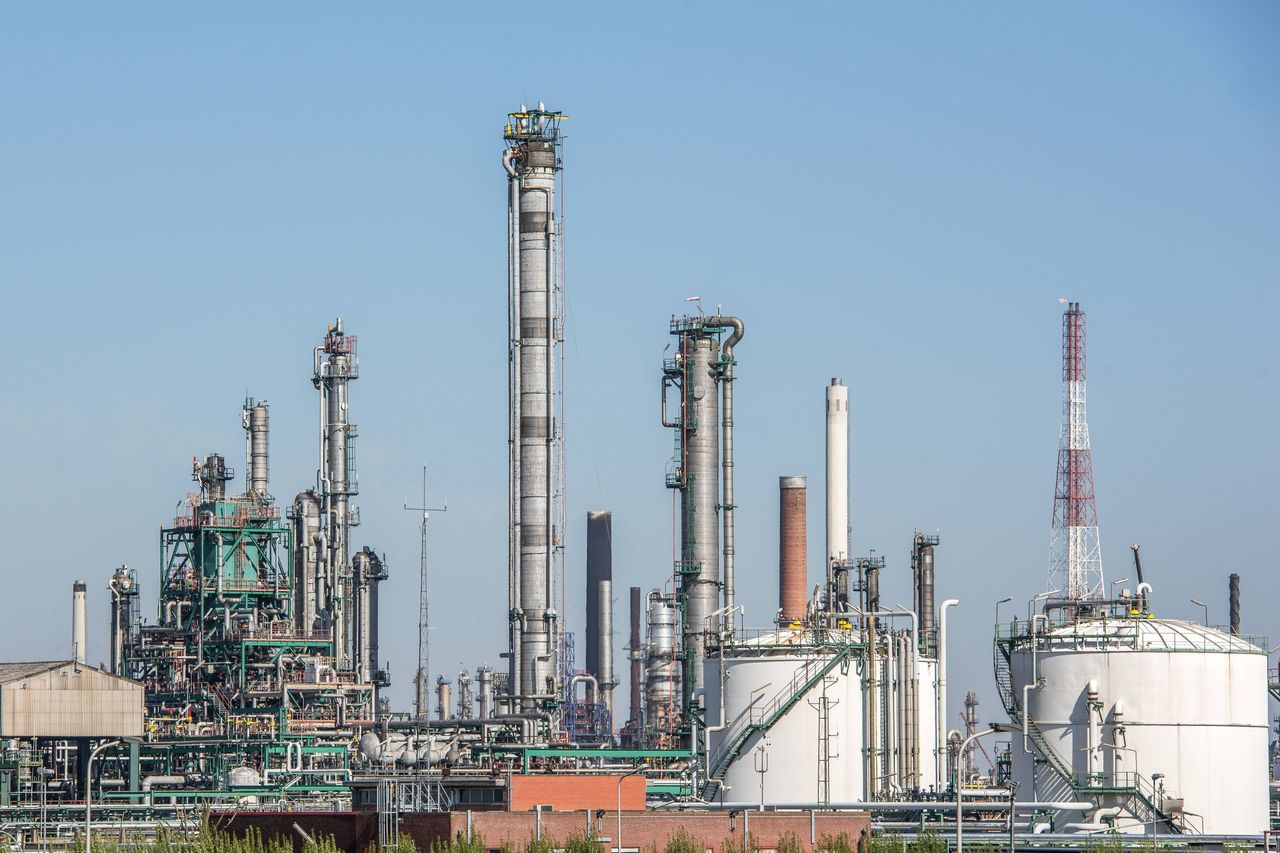
In the dramatic changes of the global energy pattern, the European oil refining industry is experiencing unprecedented challenges and difficulties. In the past, sanctions on Russian products briefly brought a respite to the industry, and profit margins recovered, but the good times did not last long, and with the gradual balance of supply and demand in the market and new market changes, the industry is once again in trouble. This is evident in the case of BP, the long-established oil giant.
In recent days, BP has been hit hard by a sharp decline in refining margins, and shares fell more than 4% at one point on Tuesday. Company executives explicitly warned in the earnings report that due to the sharp decline in refining margins, it is expected to cause losses of up to $500 million to $700 million, and the possibility of a total writedown of up to $2 billion, including capacity reduction plans at the Gelsenkirchen refinery in Germany. This news not only shocked the market, but also sounded the alarm for the entire European refining industry.
Indeed, Europe's refining woes are no accident. For a long time, refineries have chosen to be built close to demand centers because of transportation costs. However, with the slowdown of industrial activity in Europe and profound changes in the energy consumption structure, the demand for refined oil products in Europe has been declining year by year. European demand has fallen from 12.1m b/d in 2003 to 9.6m b/d last year, according to Citigroup, and the decline is accelerating.
At the same time, competition from lower-cost refiners in Asia and Africa is putting pressure on the European refining industry. Refiners in these regions, with lower costs, higher efficiency and more flexible market strategies, have gradually eroded the market share of the European refining industry. According to the International Energy Agency (IEA), Europe has shut down an average of 220,000 barrels of daily capacity per year since 2010, forcing many small refineries to close or convert.
What is more severe is that the trend of global energy transition will further compress the living space of the European refining industry. As governments have increased their investment and support for renewable energy, the status of traditional fossil energy has been gradually challenged. According to the IEA, while global demand for refined oil products will increase by 1.2 million barrels per day over the next decade, refining capacity will increase by 3.3 million barrels per day. This means that in the future, more refining capacity will be at risk of closure, and Europe's nearly 1.5 million barrels per day of capacity will undoubtedly bear the brunt.
Faced with such a severe situation, the European oil majors have begun to seek a way to transform. Converting refining capacity to produce biofuels is seen as a possible solution. As a kind of renewable energy, biofuel has the advantages of environmental protection and low carbon, which is in line with the trend of global energy transformation. However, as governments scale back green commitments and subsidies, and the biofuel market becomes increasingly competitive, the transition is fraught with uncertainty.
All of this seems to be a result of the European refining industry's own self-inflicted woes. A prolonged recession, an over-reliance on Russian sanctions and a failure to adapt quickly to market changes have all led the industry into this difficult situation. In the future, with the acceleration of energy transformation and the increasing competition, the fate of this industry will be more uncertain. Whether they can find a new way out and regain their vitality is still an open question.

Junior doctors in the UK officially launched a five-day strike on Wednesday (December 17th).
Junior doctors in the UK officially launched a five-day str…
The Thai Pride Party is considering nomasting three candida…
With the continuous intensification of international sancti…
With $15.82 billion in sales and a 108% year-over-year incr…
According to the South Korean media Dealsite, the recent te…
The current geopolitical conflicts around the world are oft…